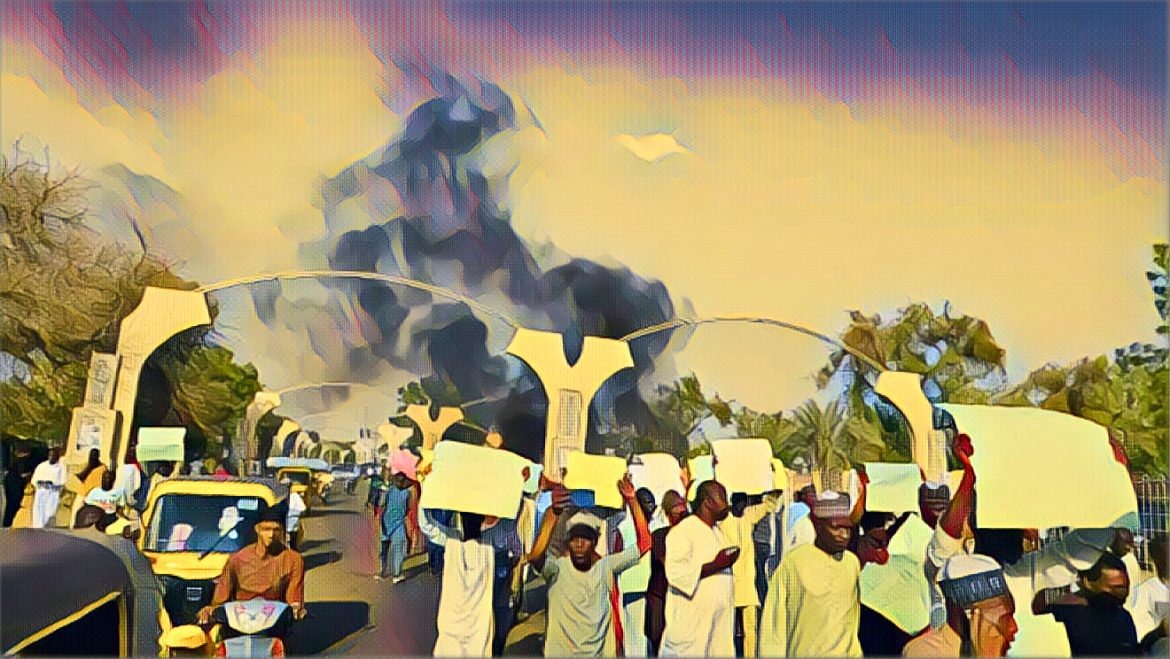After Muhammadu Sanusi II was reinstated as the Emir of Kano, tensions in the state grew on Sunday. Protesters demanded that he be removed and that Aminu Ado Bayero be restored to the throne. The disturbances occurred along the state route close to Bayero’s current home in Nasarawa, as well as in other regions of the state, such as the Gaya area.
With signs and shouts, the protesters voiced their opposition to the state government’s decision to dissolve the Gaya Emirate and other councils, which undid the former governor Abdullahi Ganduje’s 2020 construction of new emirates. This dissolution was a component of the House of Assembly’s larger legislative makeover, which was led by the New Nigeria Peoples Party (NNPP), which enacted an amendment to the Kano Emirates Council Law of 2019. The amendment aimed to restore the historical emirate structure and resulted in Sanusi’s reinstatement.
When Governor Abba Yusuf signed the amending bill, ordering the emirs of the abolished emirates to hand over power to Deputy Governor Abdulsalam Gwarzo, head of the Ministry of Local Government and Chieftaincy Affairs, the situation reached a critical point. Sanusi was restored as Kano’s 16th Emir as a result of this order. He returned to the palace on Friday and credited “divine will” for his reappearance.
The choice has sparked a complicated network of political and social responses, which reflects the emirate system’s profound historical and cultural significance in Kano. As a controversial figure from his previous term, Sanusi was fired in 2020 on charges of disobeying the state government’s authority and customs. Public opinion has now been divided over his return, with his supporters celebrating the return of a reformist leader while his detractors argue that it disrupts the local governance and cultural heritage.
The demonstrations highlight a larger conflict about the governance and revision of the emirate system, which has long served as the backbone of northern Nigerian society. The delicate topics of customs, leadership, and local autonomy that are raised by the emirate management debate serve as an anchor for larger socioeconomic conflicts in the area.


